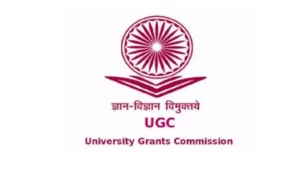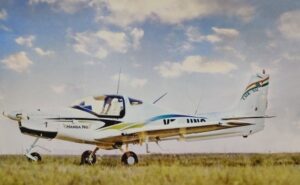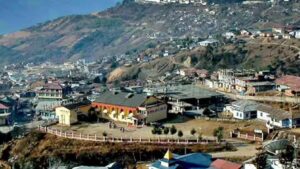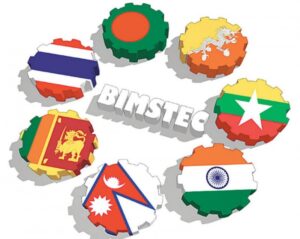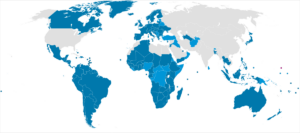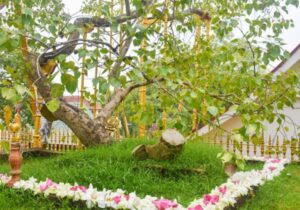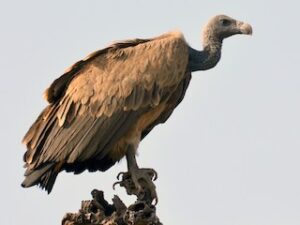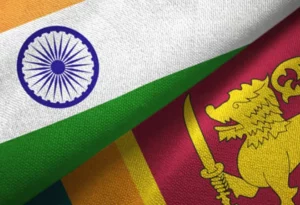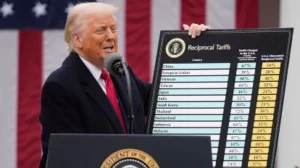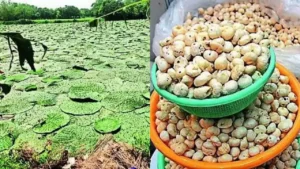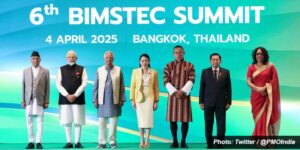Skip to content
UGC’s New Norms on Foreign Degree Equivalence
Kannadippaya Earns GI Tag Status
Hansa-3 NG: Indigenous Trainer Aircraft
Vibrant Villages Programme – Phase II (VVP-II)
Treaties & Agreements Ottawa Convention (Mine Ban Treaty)
Elephant Endotheliotropic Herpesviruses (EEHVs)
The Controversial Hannibal Directive
Great Nicobar Project and Environmental Concerns
Enormous Carbon Emissions Linked to NATO Activities
Impact of Heat Stress on Labour Force
India–Sri Lanka Bilateral Relations: Significance and Strategic Dimensions
USA’s ‘Reciprocal Tariffs’ on India & the World
Makhana Cultivation (Foxnut)
Copper Plates of the Vijayanagara Empire
Tariff and Its Implications
